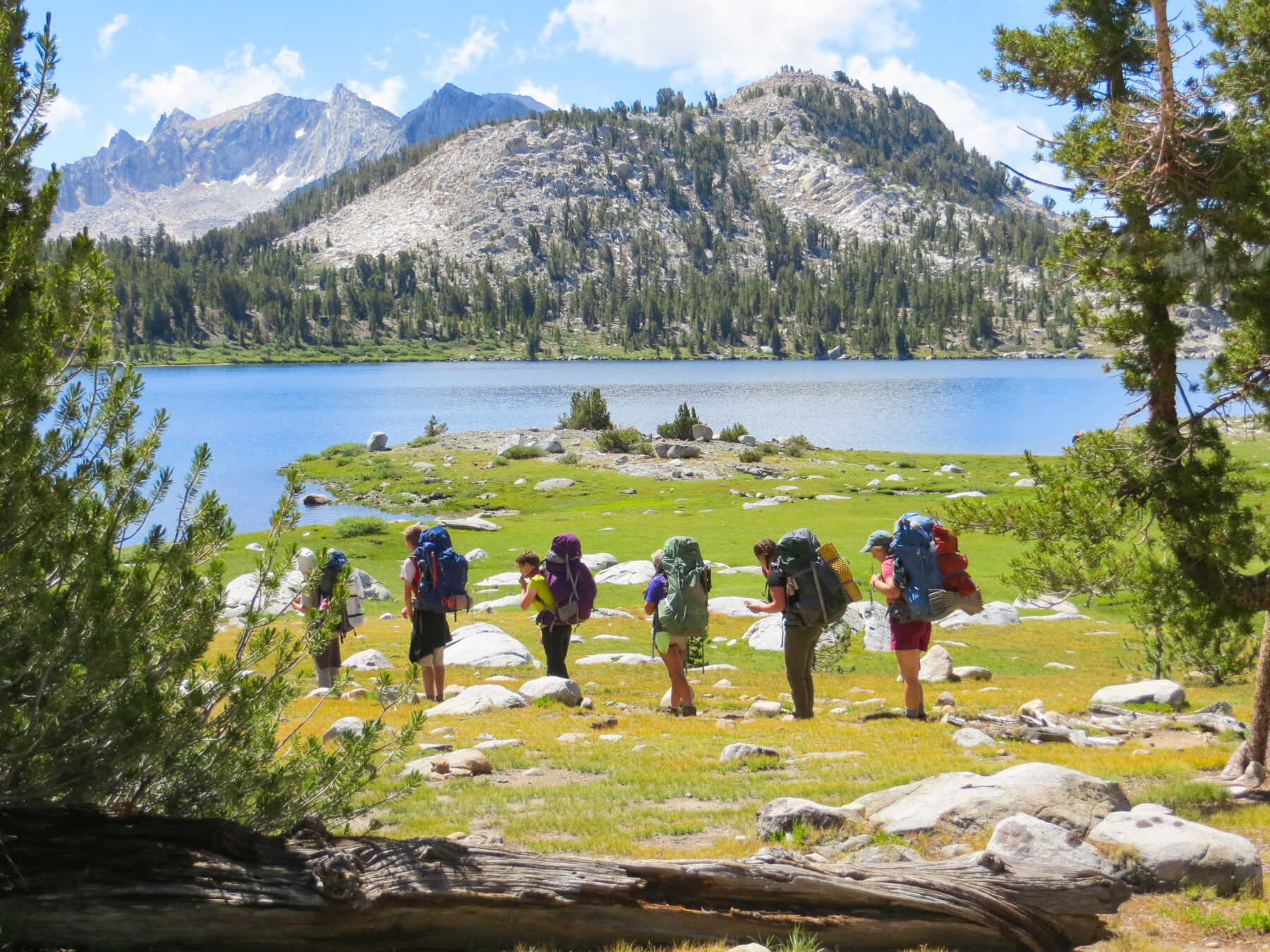By Ed Haubenreiser, Assistant Camp Director
I am privileged to have adventured far and often during my collegiate and post-collegiate years; I have always been interested in traveling to foreign places and seeing a world different from my own. It is an interest that led me to pursue a career in experiential education and land at a special place like Eagle’s Nest.
Of course, when COVID essentially halted all travel in the spring of 2020, this passion was suspended indefinitely. After spending so much of my free time planning trips, waiting excitedly, and then exploring unknowns, I was now confined to a solitary location for the foreseeable future. The only way I knew how to fill the travel void was to watch footage of places and activities that other people have experienced; videos of 100 mile running races in the Rockies, month-long boat trips navigating the coast of British Columbia, and van-lifers finding the best surf spots in Iceland kept my exploratory tick at bay.
YouTube’s algorithm began to understand this new habit, and eventually suggested a video from 2007 of an Australian man named Beau Miles attempting to sea kayak around the southern tip of Africa. Such a title obviously caught my attention, but the film would be different from the others that utilized a similar adventure travel lens. It was not about the achievement, the pursuit of the achievement, or even the place itself; it was about the lessons you learn throughout the process of engaging in a new experience. The unique perspective was refreshing, and attracted me to explore Beau’s more recent work.
Fifteen years removed from that 2007 video, Beau is now married and has a child. These circumstances made travel more difficult for him, similar to COVID’s initial effect on my own travel ability. So, while I sat and watched videos to feed my hunger, what was Beau’s approach? Here is a sampling:
- He ran one mile every hour for twenty four hours while completing tasks on his to-do list between each mile run
- He camped in the canopy of a gum tree in his front yard one night to see what it would be like
- He secretly built an office for his wife while only using supplies he could find on his property
- He walked for a mile with his toddler daughter, exploring whatever observations they found interesting
All of Beau’s videos reinforce the theme from his 2007 film, and reinforce the overall purpose of “adventure”: it is about stepping outside of your comfort zone in order to learn something new about yourself, others, and the world around you. New experiences allow us to make observations from a different perspective, ask questions and pursue answers, and the curiosity then builds on itself to enable continued learning (Kashden, Rose, & Fincham, 2004). While traveling to other places certainly help this cause, Beau demonstrates that it can still be achieved locally. To put it in his words, “When something familiar to you feels exotic, you’re winning.”
This purpose is central to our programming here at Camp and on Hante Adventures. We put intentionality in our experiences so that every participant can develop intrapersonally and interpersonally, and connect with their surroundings. This is why we are passionate about our mission: “Experiential education for young people, promoting the natural world, and the betterment of human character.”
While we look forward to having you here to learn together in community in three months, I encourage you all to disregard my initial COVID approach and adopt Beau’s in the meantime: take time away from your routine, engage in something you don’t normally do, ask questions, pursue answers, and see what happens.
You never know who you might inspire in the process.
~
References:
Kashdan, T.B., Rose, P., & Fincham, F.D. (2004). Curiosity and exploration: Facilitating positive subjective experiences and personal growth opportunities. Journal of Personality Assessment, 82(3), 291-305.
